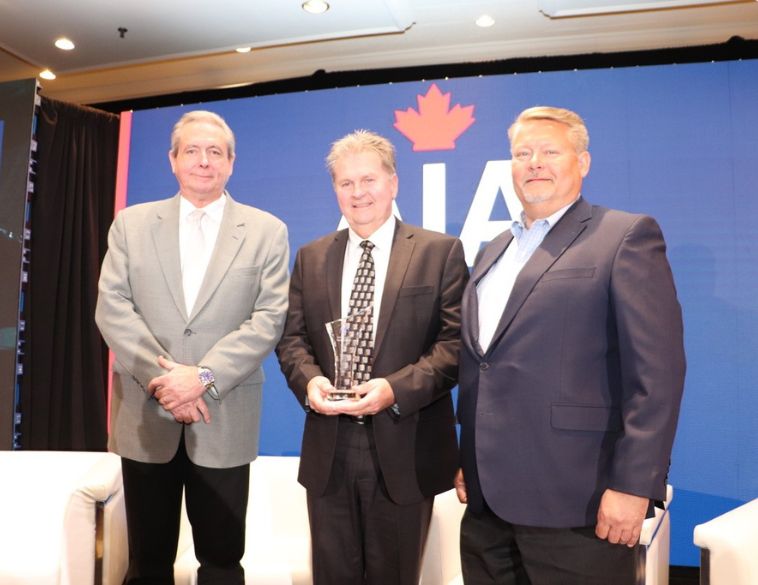Since becoming Director of the École des métiers de l’équipement motorisé de Montréal, Mario Héroux has increased his efforts to get closer to the needs of the industry.
The École des métiers de l’équipement motorisé de Montréal (ÉMEMM) is the most important vocational training center in the automotive sector in Quebec. At the helm for the past four years, Mario Héroux has been at the forefront of many changes aimed at both students and businesses in the automotive aftermarket.
“Obviously, in recent years, the School has been committed to the electrical shift,” explains ÉMEMM’s director. We have trained our teachers accordingly and increased the training from 105 hours to 645 hours. This component is important because it is a lever in our relations with car repair shops, but also with dealers who offer these new generation vehicles.”
Mr. Héroux also saw the positive impact of the revised body shop training program. Shops that integrate new graduates consider them better trained and prepared for new repair processes.
The auto mechanics program is currently under review and is expected to perform equally well.
Recruiting
In a context where the job market is close to full employment and where all companies are courting scarce human resources, recruiting new students is not easy.
“Faced with this worrisome situation in terms of enrolment, we had to postpone certain programs,” explains Mr. Héroux. “However, we are now working with specialized firms to bring in students from abroad to complete our cohorts.”
The director took the opportunity to mention that it would be more strategic to include and prioritize the recruitment of students in the automotive trades during worker search missions abroad.
The School works closely with the industry to attract candidates and promote the automotive professions. There are also close ties in terms of supplying equipment or even vehicles, sometimes new, sometimes damaged, allowing students to get their hands on the latest technologies.
Innovation and flexibility
In the aftermath of a pandemic that disrupted many ways of doing things, including the delivery of training, some tools have been retained to provide more flexibility for students.
For example, the School currently offers the Parts Sales and Technical Consulting courses on a one-on-one basis and by distance learning. This year, it is developing the Recreational Vehicle and Light Equipment Mechanics program to offer individualized training starting next year. “The automotive trades require on-the-job training with practical work. However, it is possible to be flexible,” says Héroux.
The implementation of the work-study formula, where the learner can immediately put into practice the notions learned at the School in a work environment, has also proven to be a great success.
“On the one hand, our students can immediately see in which work environment they will be called upon to integrate after their graduation,” explains the director. “And for the employer, it’s an opportunity to get to know these candidates well and to set in motion the charm operation to keep them on their team.”



